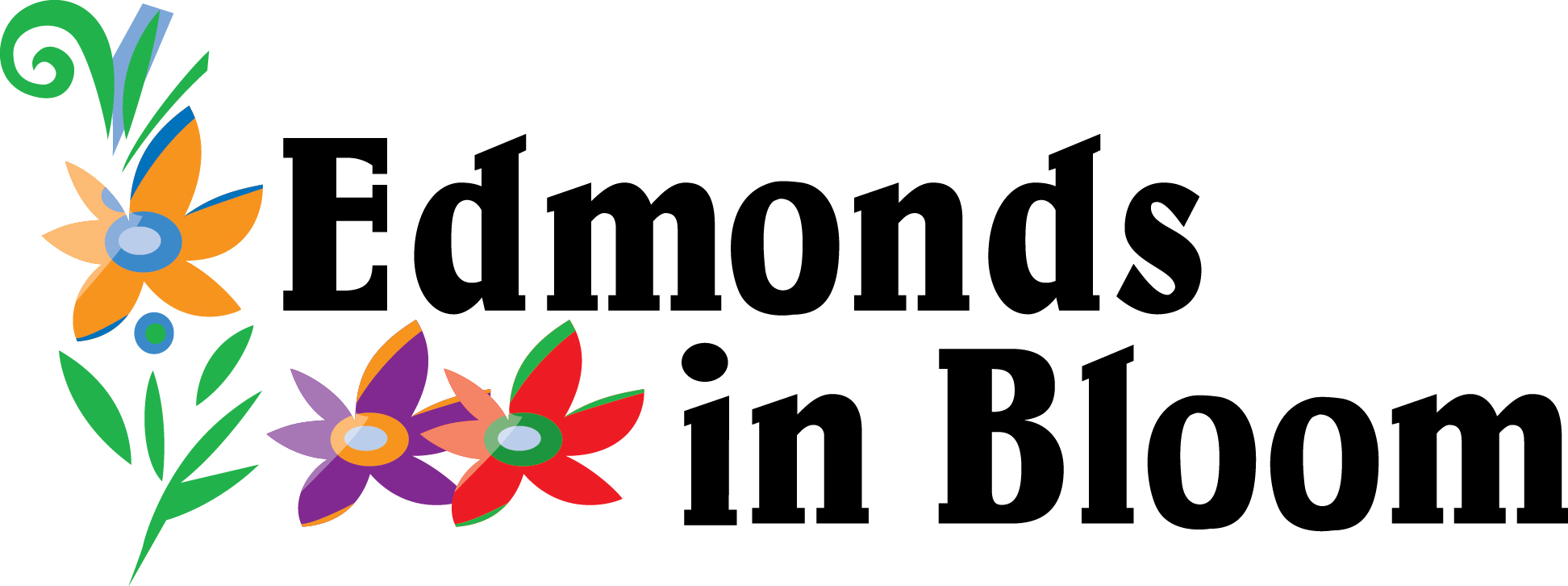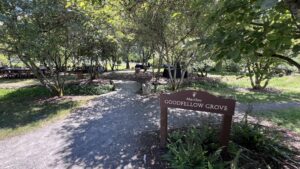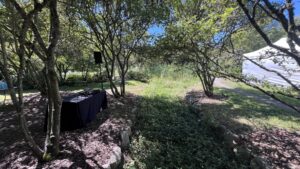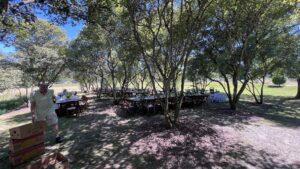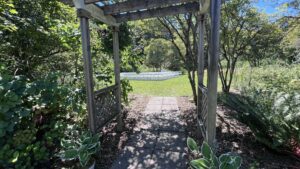Center for Urban Horticulture at UW
Exploring the Center for Urban Horticulture at the University of Washington
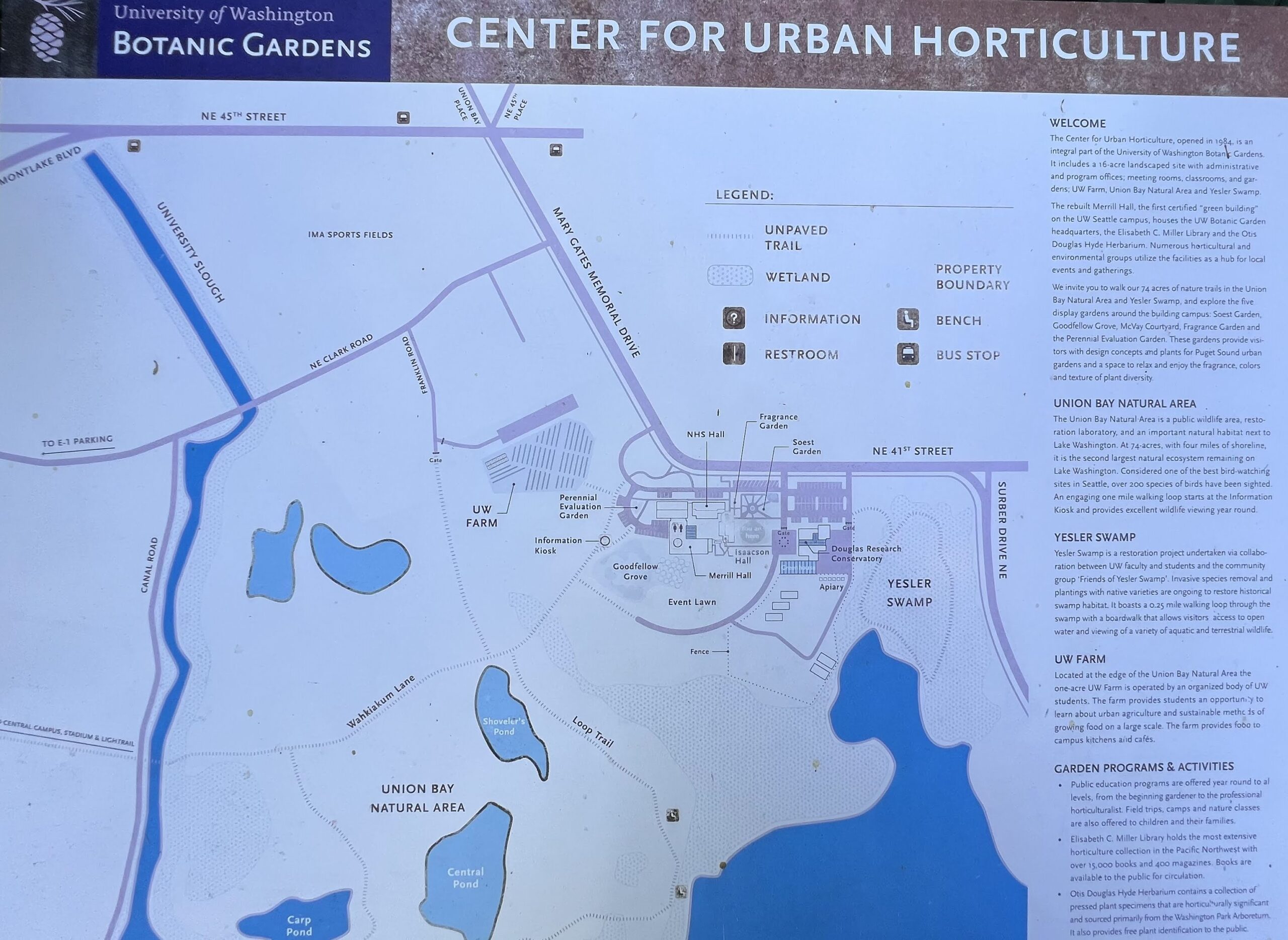
The Center for Urban Horticulture (CUH) at the University of Washington stands as a beacon of innovation and sustainability in the realm of horticultural science. This center is a hub for research, education, and community engagement, dedicated to promoting sustainable urban landscapes and horticultural practices. Let's delve into the various facets that make the CUH a cornerstone of urban horticulture.
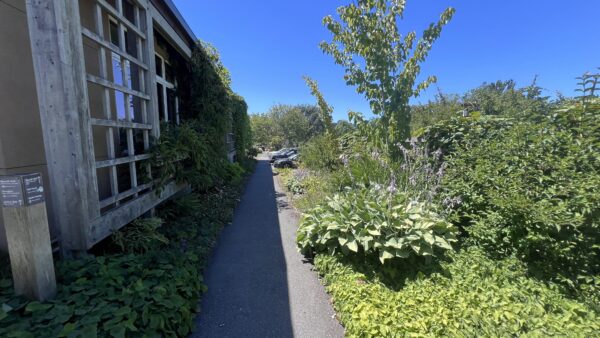
Historical Background
Founded in 1980, the Center for Urban Horticulture was established with the vision of integrating horticultural science into urban settings. The center was created to address the growing need for sustainable urban green spaces and to provide a platform for research and education in urban horticulture. Over the years, CUH has grown and evolved, adapting to the changing needs of urban environments and continuing to lead the way in sustainable horticultural practices.
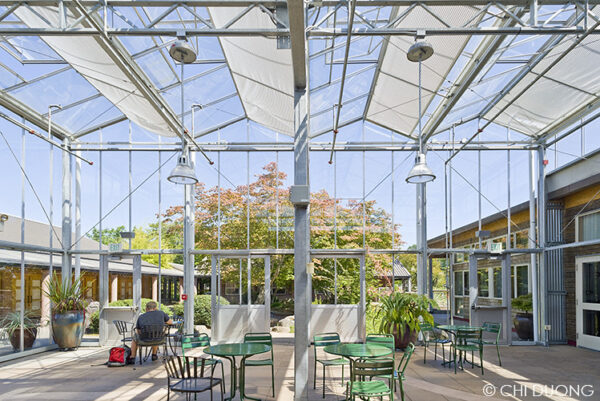
Research and Innovation
At the heart of the Center for Urban Horticulture is its commitment to cutting-edge research. The center conducts a wide range of studies aimed at understanding and improving urban ecosystems. Research areas include plant conservation, urban forestry, sustainable landscape design, and the ecological benefits of green spaces.
One of the flagship research initiatives at CUH is the study of plant adaptation to urban environments. Researchers at the center investigate how different plant species respond to urban stressors such as pollution, limited water availability, and soil compaction. This research is crucial for developing resilient urban landscapes that can thrive in the face of environmental challenges.
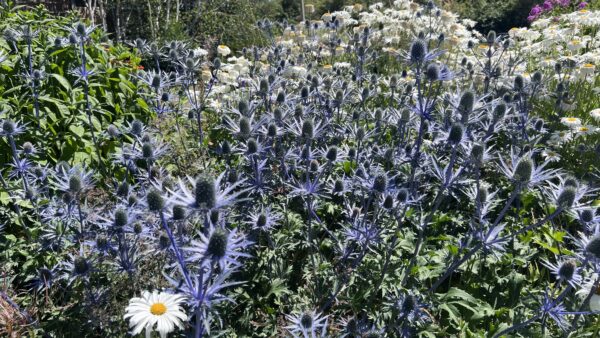
Education and Outreach
Education is a core component of the Center for Urban Horticulture's mission. The center offers a variety of educational programs designed to engage students, professionals, and the general public in the principles and practices of urban horticulture.
For students, CUH provides opportunities for hands-on learning through internships, research assistantships, and coursework. The center collaborates with the University of Washington's College of the Environment to offer specialized courses in urban horticulture, landscape architecture, and environmental science. These programs equip students with the knowledge and skills needed to address the complex challenges of urban ecosystems.
CUH is also deeply committed to community outreach. The center hosts workshops, seminars, and public lectures on topics ranging from sustainable gardening practices to the benefits of urban green spaces. These events are designed to educate and inspire community members to incorporate sustainable practices into their own gardens and landscapes.
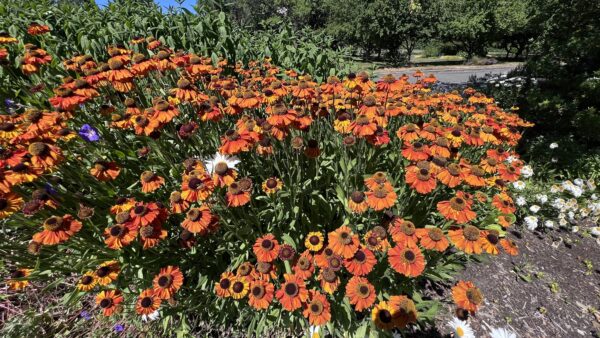
The Union Bay Natural Area
Adjacent to the Center for Urban Horticulture is the Union Bay Natural Area (UBNA), a living laboratory and a vital component of CUH's mission. UBNA is a 74-acre restoration site that serves as a refuge for wildlife and a research site for studying wetland and grassland ecosystems.
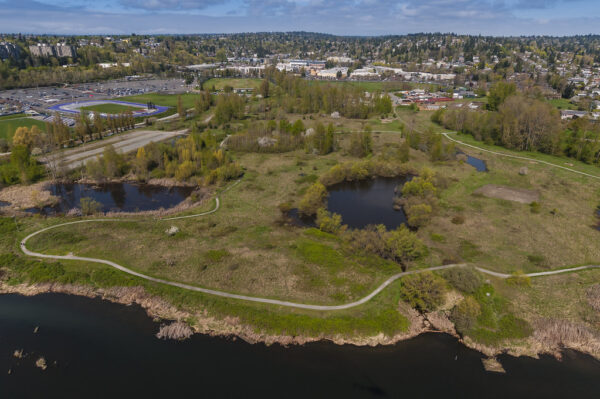
The natural area provides a unique opportunity for students and researchers to study ecological restoration in an urban context. Projects at UBNA focus on habitat restoration, invasive species management, and the role of urban green spaces in supporting biodiversity. The area is also a popular spot for birdwatching, with over 200 species of birds recorded in the vicinity, making it a valuable resource for both scientific research and public enjoyment.
Sustainable Practices and Demonstration Gardens
The Center for Urban Horticulture is home to several demonstration gardens that showcase sustainable gardening practices. These gardens serve as living examples of how to create beautiful, functional, and environmentally friendly landscapes.
Soest Herbaceous Display Garden
One such garden is the Soest Herbaceous Display Garden, which features a wide variety of perennials, annuals, and ornamental grasses. The garden is designed to demonstrate sustainable planting techniques, including the use of drought-tolerant species and soil conservation methods. Visitors can explore the garden to gain inspiration and practical tips for their own gardens.
Perennial Borders- One of the highlights of the Soest Herbaceous Display Garden is its stunning perennial borders. These borders are meticulously planted with a variety of perennial flowers, grasses, and foliage plants that provide year-round interest. The perennial borders showcase the beauty and versatility of herbaceous plants, with carefully planned color schemes, textures, and heights that create a harmonious and visually appealing display.
Pollinator Garden- The Pollinator Garden is designed to attract and support a diverse array of pollinators, including bees, butterflies, and hummingbirds. This garden features a selection of nectar-rich flowers and plants that provide essential food and habitat for pollinators, showcasing the important role that herbaceous plants play in supporting healthy ecosystems.
Shade Garden- The Shade Garden demonstrates how herbaceous plants can be used to create beautiful and functional landscapes in shady areas. This garden features a variety of shade-loving perennials, groundcovers, and ferns that thrive in low-light conditions, offering inspiration for gardeners looking to brighten up their own shaded spaces.
28 photos
Goodfellow Grove
Another notable garden is the Goodfellow Grove, an area dedicated to showcasing native plants of the Pacific Northwest. This garden highlights the importance of using native species in urban landscapes to promote biodiversity and support local wildlife. The use of native plants also helps reduce the need for water, fertilizers, and pesticides, contributing to more sustainable urban gardening practices.
Collaborations and Partnerships
The success of the Center for Urban Horticulture is bolstered by its collaborations and partnerships with various organizations and institutions. CUH works closely with local government agencies, non-profit organizations, and community groups to advance the goals of urban horticulture and environmental sustainability.
One of the key partnerships is with the Seattle Parks and Recreation Department. Together, they work on projects aimed at enhancing urban green spaces and improving the health of the city's urban forest. This collaboration has led to the development of community gardens, green infrastructure projects, and educational programs that benefit the residents of Seattle.
CUH also partners with regional botanical gardens, conservation organizations, and academic institutions to further its research and outreach efforts. These collaborations enable the center to leverage a wide range of expertise and resources, fostering innovation and expanding the impact of its work.
Future Directions
As urban areas continue to grow and face new environmental challenges, the role of the Center for Urban Horticulture will become increasingly important. The center is poised to lead the way in developing innovative solutions for sustainable urban landscapes and promoting the health and well-being of urban communities.
Future directions for CUH include expanding its research on climate resilience, developing new educational programs, and enhancing community engagement efforts. By staying at the forefront of horticultural science and sustainability, the Center for Urban Horticulture will continue to make significant contributions to the field and serve as a valuable resource for the University of Washington and beyond.
The Center for Urban Horticulture at the University of Washington is more than just a research institution; it is a vital part of the community, dedicated to improving urban environments through research, education, and outreach. With its rich history, innovative research, and commitment to sustainability, CUH is a leader in the field of urban horticulture and a model for other institutions around the world. Whether you are a student, a researcher, or a community member, the center offers valuable resources and opportunities to learn, grow, and contribute to a greener, healthier urban future.
